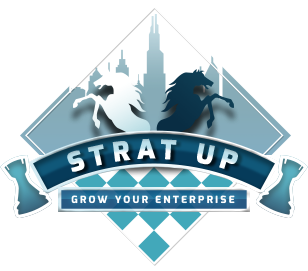What are we Measuring?

Any community of practice has a culture characterised by skills, values, knowledge, identity and ethics. The culture and grammar that defines a profession is called an epistemic frame. An individual to successfully operate in a profession needs to imbibe the components of the frame and act, think, and operate as how people in that profession would.
Epistemic Frame of a Profession
Activities within a profession are further characterised by tasks or roles as defined in a job description document. An employee who is a part of a profession needs certain skills, knowledge, identity, values and ethics to perform the task successfully.
An organisation in-order to measure the performance of the individual sets goals and measures the same through performance appraisal process periodically. Line Managers further look for evidences in the work that an employee has performed while executing the task and evaluates the same.
The gap between what was expected to what was found as an evidence becomes the bases for training need analysis and candidates are thus chosen to attend training programs.
Measurement Gap
Traditional training methods utmost look at improving cognitive ability of the employee and direct assessments only measure what a participant has learnt or not learnt and typically tap their recall or utmost basic demonstration of skills. They fail to capture the employees learning progress along the epistemic frame of a profession.
While an employee is being evaluated looking at evidences of his work, the training that he is subjected to, should also have the same measurement yardstick. Simulation Games designed specifically using evidence centred design methods on the other hand recreates the professional practice and captures data to measure components of the epistemic frame.
Games are inherently assessment methods and offer unique possibilities of capturing data in a non intrusive manner without the awareness of the player.
Processbee Games
At the heart of every ProcessBee game, is evidence-centered game design. Every game has a specific learning objective and measurement criteria.
The players’ skills, values, and knowledge are measured by various interactions between players and game elements. Various evidences are collected at specific instances in the game and collated to determine the work-style profile of a player

